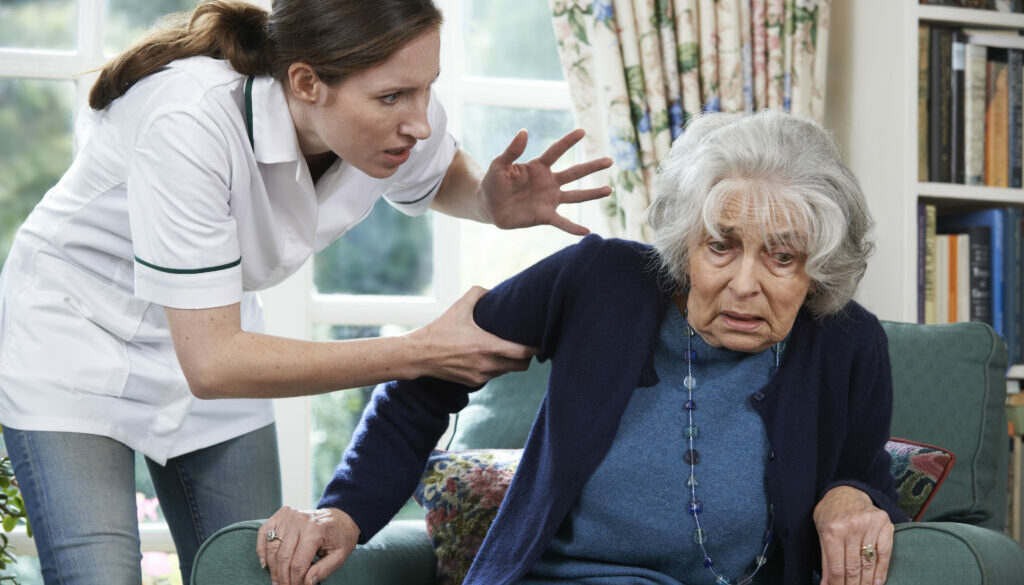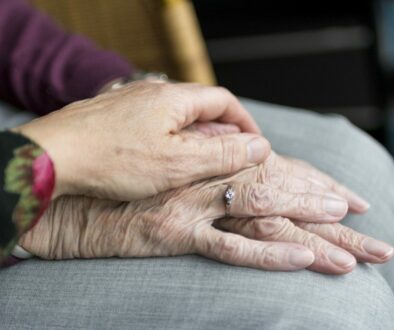How to Recognize the Signs of Nursing Home Abuse and Neglect
At Reinan Law, we understand the gravity of entrusting a loved one’s care to a nursing facility. It’s a decision made with hopes for safety, care, and respect. Unfortunately, not all nursing homes uphold these essential standards. Recognizing the signs of abuse and neglect can be the first step in protecting your loved ones from harm. As experienced nursing home abuse lawyers, we are here to guide you through identifying these crucial indicators and understanding what steps to take if you suspect maltreatment.
Physical Injuries: Unexplained Marks of Concern
Physical abuse in nursing homes can manifest as bruises, cuts, burns, or fractures that are unexplained or inconsistently explained by staff. These injuries may appear suddenly or seem to occur frequently. It’s important to monitor any signs of physical restraint, such as marks on wrists or ankles. If you observe these injuries, document them with dates and photos, and discuss them with management. If the explanations do not satisfy your concern, it may be time to consult a nursing home abuse lawyer.
Emotional Withdrawal: Changes in Mood and Isolation
Emotional abuse, while less visible, can be equally harmful. Signs of emotional abuse in elders include sudden changes in behavior, such as withdrawal from social interactions, visible fear or anxiety around certain staff members, or unusual depression. Emotional abuse may also involve humiliating, intimidating, or threatening behavior by caregivers. Observing and noting these changes can be crucial for addressing potential abuse.
Sudden Financial Issues: Unexpected Changes in Financial Situations
Financial exploitation is a prevalent form of abuse among the elderly. Watch for unexpected withdrawals from bank accounts, changes in estate documents, or missing personal belongings. If your loved one seems unclear about recent financial transactions or newly formed relationships with staff members who show an unusual interest in their finances, these can be red flags.
Changes in Health or Behavior: Declining Health and Hygiene
Neglect can often be recognized by a decline in the resident’s general health or hygiene that is not linked to an already diagnosed condition. Signs might include sudden weight loss, malnutrition, dehydration, or untreated medical conditions. Poor hygiene, such as soiled clothing or a dirty living environment, also indicates neglect. These signs require immediate attention from nursing home management and, if not addressed, from a legal advisor.
How to Proceed If You Suspect Abuse or Neglect
If you notice any of these signs, it’s crucial to act. Start by speaking with the nursing home staff and management about your concerns. Document all interactions, as they can be crucial if legal action becomes necessary. However, if the facility’s response is inadequate or if the situation does not improve, reaching out to a nursing home abuse lawyer may be the next essential step.
Reinan Law is committed to protecting the dignity and rights of the elderly. If your loved one is potentially experiencing abuse or neglect in a nursing home, please do not hesitate to contact us. Protecting your loved one starts with recognizing the signs and taking decisive action. Let us help you navigate this difficult time with the care, respect, and legal expertise you deserve.



